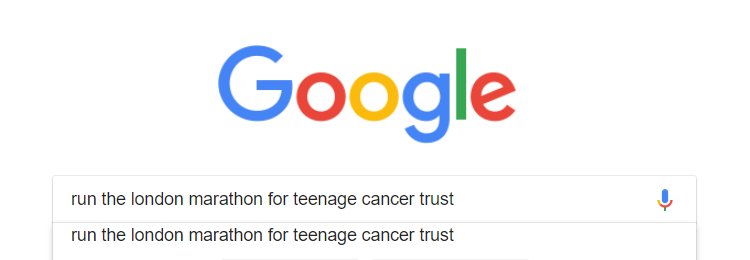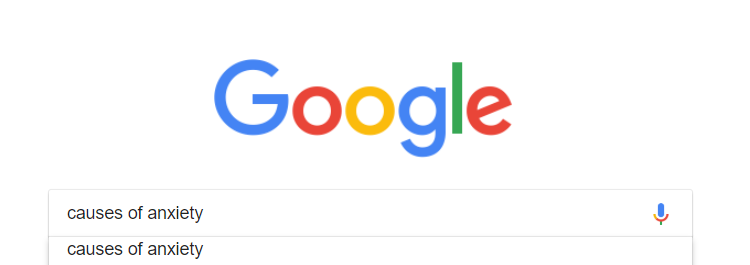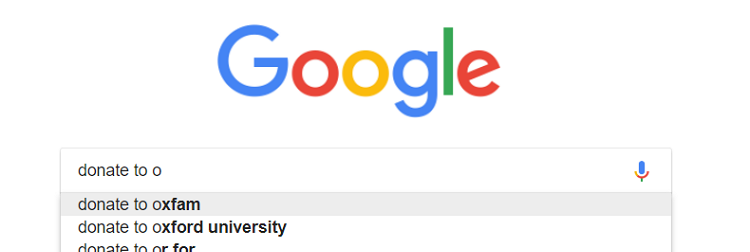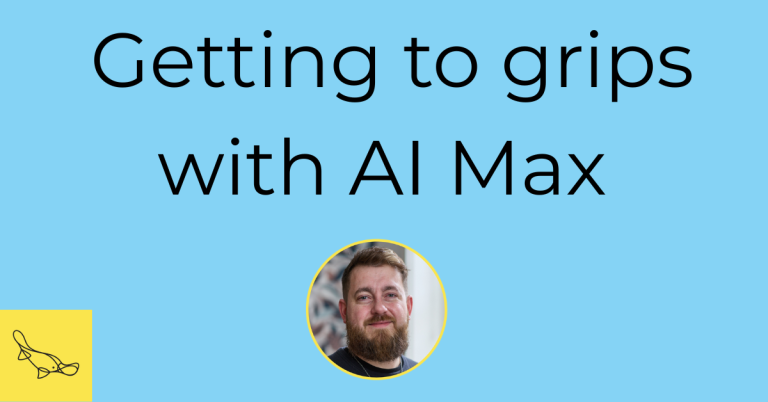We ask Google more questions than anyone else in our lives. The search engine is used as a research tool, an agony aunt and a means to find content that will help us achieve our goals.
Google is the world’s most popular search engine because it provides the most relevant results. They have a sterling reputation and they maintain it by making sure that the adverts that are served are extremely relevant, whether those websites are appearing as organic or paid search results.
The best way to make sure you are appearing in a prime position in search results is to understand the intent of your potential web visitors and tailor your ad copy and web content to meet their intentions.
In this blog, we’ll outline the different types of search intent, to show you how to make the most effective use of your Google Ads by understanding the users’ motivations.
What is search intent?
Intent tells us what the searcher wants to find out, where they want to go and what action they will likely take on your website. For example, a search for ‘plumber near me’ indicates that the user wants to contact a local plumber. Google will rank websites that clearly offer plumbing services local to the searcher first, as this is the most relevant result.
If you understand the search intent of your web visitors, you can make sure that your ads and page copy match those intentions, which will help you rank well.
It’s important to be aware of the following types of intent in order to get your content seen by the right people at the right time.
Navigational
A navigational search is carried out with the intention of finding a particular page or website. Gone are the days of trawling through websites to find what you’re looking for.
If you decided to run the London Marathon for Teenage Cancer Trust you would probably search for ‘london marathon teenage cancer trust’ and click on the first search result because you would expect this link to take you to the right page. It is unlikely that you would go straight to the Teenage Cancer Trust website and search from there.
The ad served should therefore take a user to the London Marathon sign up page on Teenage Cancer Trust’s website, rather than just the homepage.

Of course, your organic listings can direct users to the webpage they’re looking for too, but it can take time and specialist attention to get this content to rank well. Instead of waiting,you can pay to appear higher on the search results page with paid ads. You should construct your Google Ads campaigns to serve searchers navigational needs.
Informational
Informational searches are used when a user wants to find a specific piece of information, such as a short answer to a question or information about how something works.
The rise of digital assistants like Google Home and Alexa, has meant that informational search queries are becoming even more common, as voice searches typically want quick answers and instant results without ever visiting your site.
Although information-seeking searchers are not necessarily ready to convert, they present an opportunity to raise awareness of your brand. Research has found that search ads lift top-of-mind awareness by 80%. Even if the searcher doesn’t click on your ad, the fact they’ve seen it raises your profile.
If you can answer a search query well, you can position yourself as an expert in that field. It’s therefore important to utilise the ‘News and blogs’ section of your website to present specialist information about your cause, the services you provide and the topics that surround it.
One good example is the Mental Health Foundation, who have an A-Z of mental health conditions. The content includes information about the types of a condition, the symptoms, causes, effects and treatment. These pages answer almost any informational search query related to health conditions, showing searchers and search engines that they’re expert in the field.

Transactional
A transactional search query is a query that indicates a high level of intent to take an action, such as signing up to your email or making a donation.
For users who are ready to take an action, it’s important to bid on keywords with high search intent. Searches containing the words ‘support’, ‘sign up’, ‘how do I’ or simply ‘donate’ imply that the user is ready to take an action, so capitalise on this by bidding on those keywords and make sure that those terms are displayed in your ad copy.

To make the most of these transactional searches, ensure that your process of signing up to email and your donation journey are ready for these high-intent audiences. These actions should be efficient and hassle-free to complete with as few distractions as possible.
How do I improve my natural search ranking?
To rank well on the search results page, make sure you understand the intent of your audience and optimise your content to be as relevant as possible.
For more information about how to make the most of your Google Ads, read our blog 6 quick wins to drive traffic to your website.





